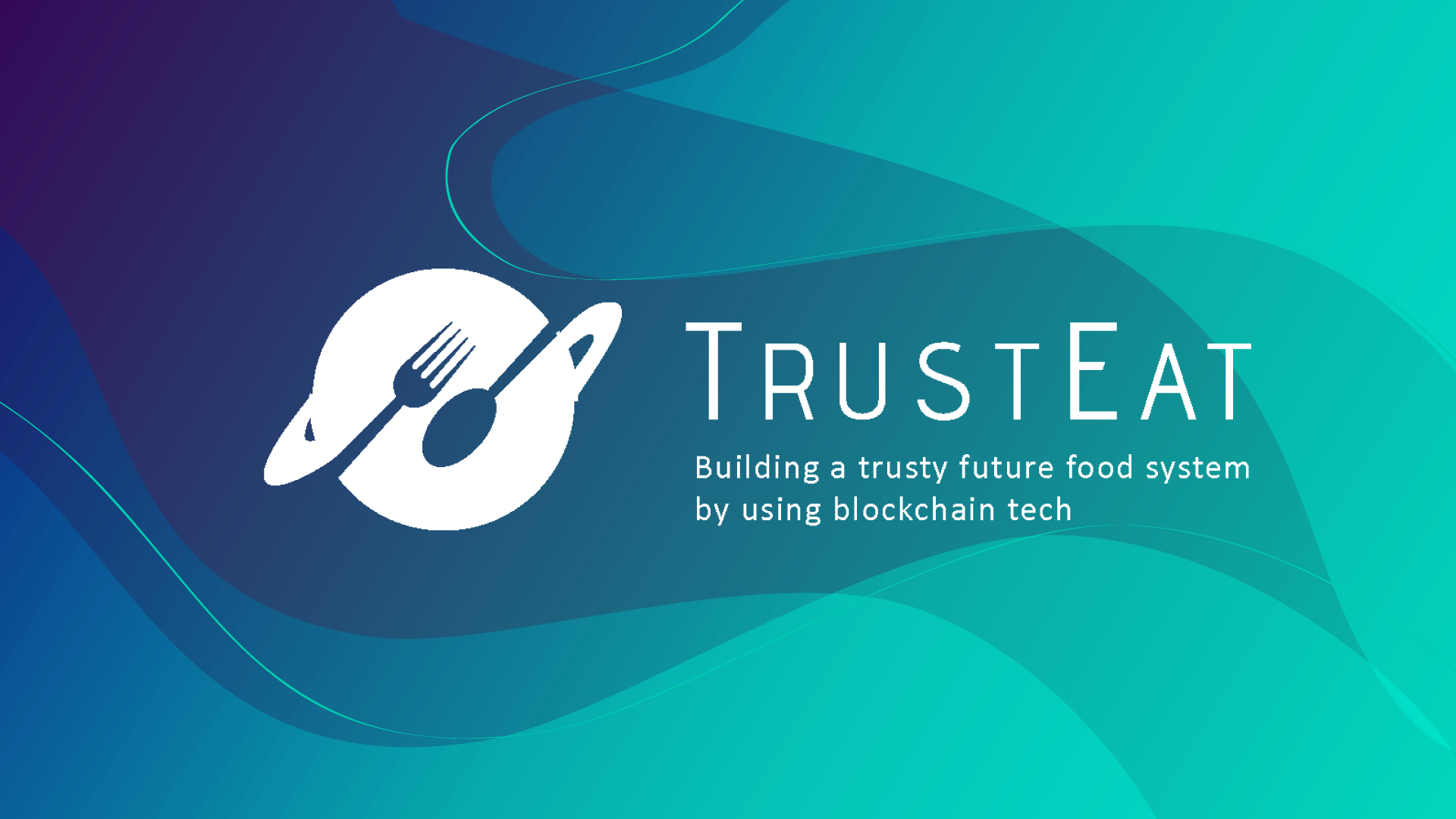
TrustEat applies blockchain to the food chain improving safety and traceability for the benefit of consumers
November 5, 2020
Blockchain technology may be a familiar concept when we talk about financial applications, where safety and trust are paramount, by guaranteeing and safeguarding an unbreakable connection between origin and destiny of sensitive data.
What if we could apply the same principle to the food chain, by knowing that what we eat is safe and authentic from farm to fork?
That is the whole idea behind TrustEat, a European Project joining the best competencies from three renowned partners. INL – International Iberian Nanotechnology Laboratory, an intergovernmental research organization headquartered in Braga, Portugal, joined efforts with IBM Research (Switzerland), the most reputed centre in Europe in the field of chip technologies, and also with Wageningen University & Research (WUR, Netherlands), considered to be the top research centre in the fields of food, agriculture, and environment.
INL has been working with remarkable success in developing technological solutions that guarantee food quality and safety, as well as its authenticity and traceability. Over the next three years, this consortium will apply blockchain to the food chain and involve at least 200 stakeholders from all over Europe in this project that intends to generate awareness for the need to build trust among all the links of the process, from the producer to the consumer, who is increasingly demanding and informed.
The TrustEat project is a Twinning action aiming to strengthen the research area of food blockchain, focusing on improving INL´s research profile and capturing future opportunities for joint research. With these objectives, partners will develop an R&D Strategic Roadmap, as well as to conduct training for senior and junior researchers, benchmark activities in research management, and develop different activities with stakeholders to make the project sustainable, facilitating the transfer of knowledge.
Activities include staff exchanges, expert visits, on-site/virtual training, workshops, conference, joint summer schools with external students in 2021 and 2022, and activities to increase ecosystem awareness.
Why it matters
Food safety is essential for the effective functioning of markets with trust and transparency. Many risks may occur along the food chain from many contaminants. Besides, malpractices or fraudulent practices could also lead to increased food safety risks.
It is of major importance for public health to develop integrated approaches along the entire food chain for detecting, assessing, and mitigating pathogens and contaminant hazards. The food blockchain technology would allow ensuring the food value chain integrity to consumers, that is, safety, traceability, and authenticity.
By using blockchain all the stakeholders in the food value chain will know where their food comes from using real-time data, which can effectively increase trust and confidence about food production from start to finish. By establishing a link between two of the best leading institutions in food integrity and blockchain, INL will improve the quality and the innovative nature of the developed research, by strengthening the interaction of partners all over Europe.



